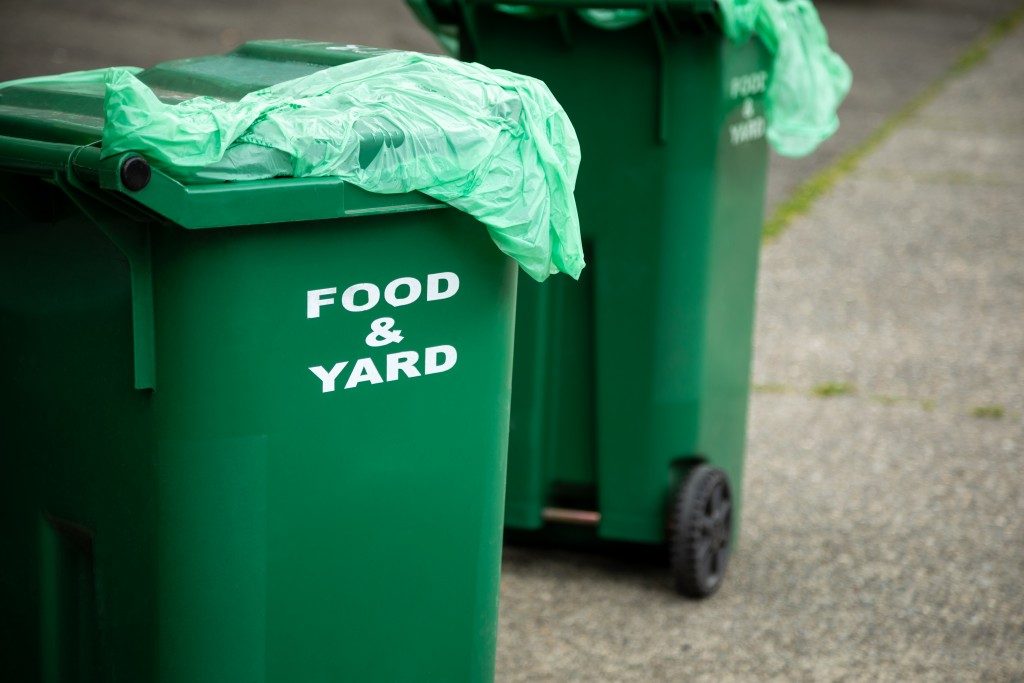The increasing volume of food waste continues to be a pressing global issue. According to Matt Petronzio, an online staff writer of Mashable.com, over one-third of all food items produced in the world is being spoiled or discarded. In fact, in the United States alone, citizens throw out approximately 40% of the food they purchase. To make matters worse, 20% of the total methane emissions, a greenhouse gas that’s a known contributor to climate change, are caused by organic matter like food scraps in landfills.
Fortunately, local governments private companies are working hand in hand to help resolve the food waste issue. Accordingly, a facility in Salt Lake City has been established to convert food waste to renewable energy. Deseret News has released an article on the said facility, calling it “the first and only anaerobic food waste digester.” Wasatch Resource Recovery is responsible for this innovative project, and their aim is to take in 700 tons of food waste every day. Upon expansion of their operation, that figure is predicted to grow to 1,400 tons.
The food waste problem, however, is not just a concern of the authorities. It affects each and every living person on the planet. Therefore, as responsible global citizens, everyone should contribute by reducing food waste in small but significant ways. Let’s cut to the chase and discuss several cost-effective tips for preventing food wastage and spoilage.
Buy packaged foods
You may be raising an eyebrow on this. How can buying packaged goods help with lessening waste when many environment advocates claim that plastic is the ultimate evil in destroying nature? In addition, many health gurus assert that selecting whole foods or natural product is best for achieving optimal well-being.
However, according to Steve Russell of the American Chemistry Council, the longer food items are kept fresh, the higher is the chance that they will be consumed. For instance, a number of studies suggest that when wrapped in plastic packaging, bananas can last about 21 days longer than when unwrapped. As for beef, when it’s wrapped in specialized plastic vacuum packaging that has a film barrier, its shelf life can be prolonged to up to 26 days. Statistics also show that countries that package more food tend to generate drastically less food waste than the U.S.
When frozen, the nutritional value of fruits and vegetables is not greatly affected. You can also avoid accumulating plastic waste by choosing to reuse and recycle them when possible. In addition, it’s vital to dispose of plastic packaging responsibly.
Keep refrigerators well-maintained

Check and clean your refrigerator regularly to assess which perishable goods must be consumed immediately. Make it a habit to finish products in your fridge before going shopping again.
Other than households, restaurants and diners are also big contributors to food waste. Business owners must be responsible by employing simple methods of keeping their commercial refrigerators in mint shape. Food storage should always be checked to ensure the safety of consumption. It’s also advisable to have your Salt Lake City commercial refrigerator undergo professional repair and routine maintenance as needed.
Consider fermenting your foods
Curing and pickling food items like meat, vegetables, and fruits allow you to prolong their shelf life. A plus in fermenting food is the growth of good gut bacteria that help promote gastrointestinal health. Fermented goods like sauerkraut and kimchi are excellent probiotics. However, be careful with portions as they tend to be high in sodium.
Food wastage is a big environmental and social problem. It’s therefore important to take steps in resolving this issue. Remember to plan your meals properly and follow a shopping list to help you downsize your grocery stock.






